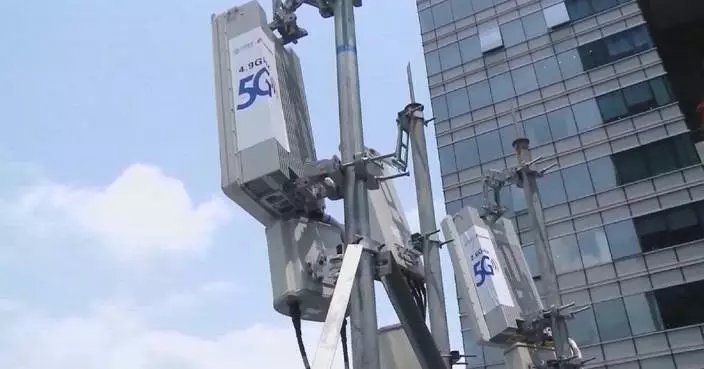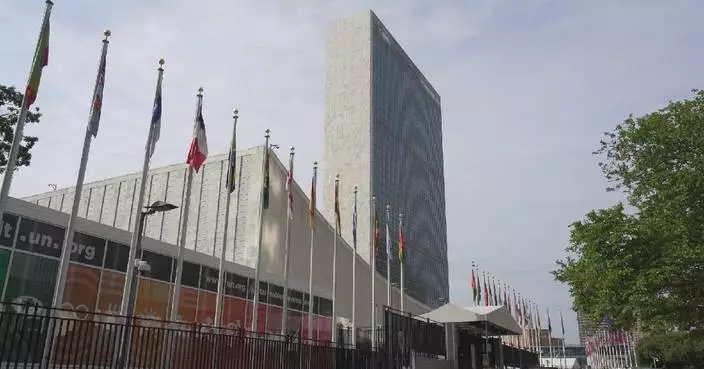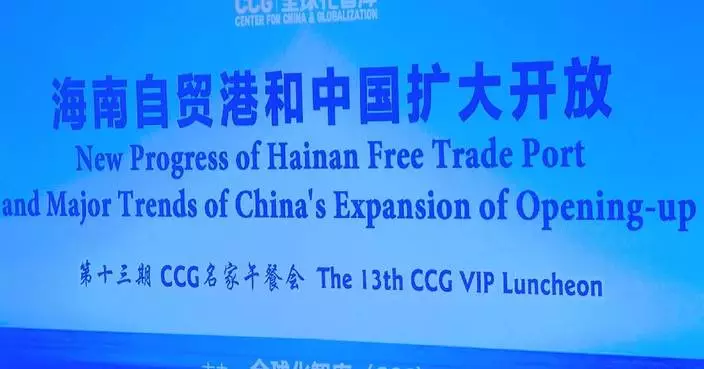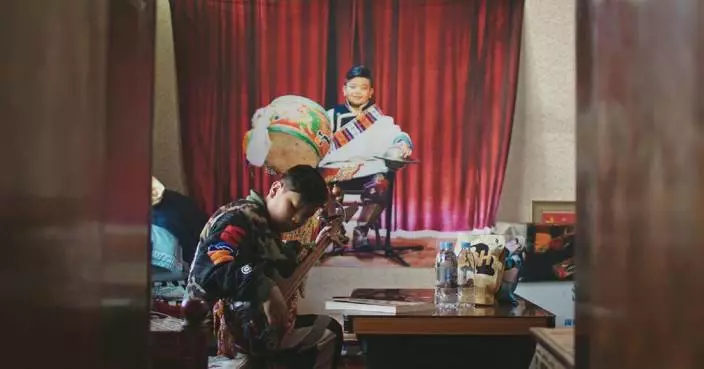Anticipation is mounting for the ninth Asian Winter Games, as the opening ceremony is just days away in Harbin, capital of China's northernmost province of Heilongjiang.
Sha Xiaolan, chief director of the opening ceremony assured fans that preparations are on track for a spectacular event on February 7.
"The overall progress has been going smoothly. Since December, we have been conducting rehearsals in our main venue, going scene by scene and program by program. This phase has already been completed successfully. We are now moving into the phase of joint rehearsals and full-element rehearsals. Our theme for the event is 'Dream of Winter, Love among Asia', along with a set of key phrases: 'Asian elegance, Chinese grandeur; Heilongjiang characteristics, Harbin charm'. Notably, iconic landmarks of Harbin, such as the Central Street, Harbin Ice and Snow World, and music square, have left a profound impression on our creative team. We will incorporate these elements into the opening ceremony," said the director.
With the Asian Winter Games just 30 days away in the renowned ice city of Harbin, test events across various disciplines have been in full swing, and organizers are reinforcing their emergency preparedness through a comprehensive system that integrates medical, meteorological, and other vital support services.
The ninth Asian Winter Games, scheduled between Feb 7 and Feb 14, are expected to see the highest participation in the event's history, with a total of 1,275 athletes from 34 countries and regions already registered.
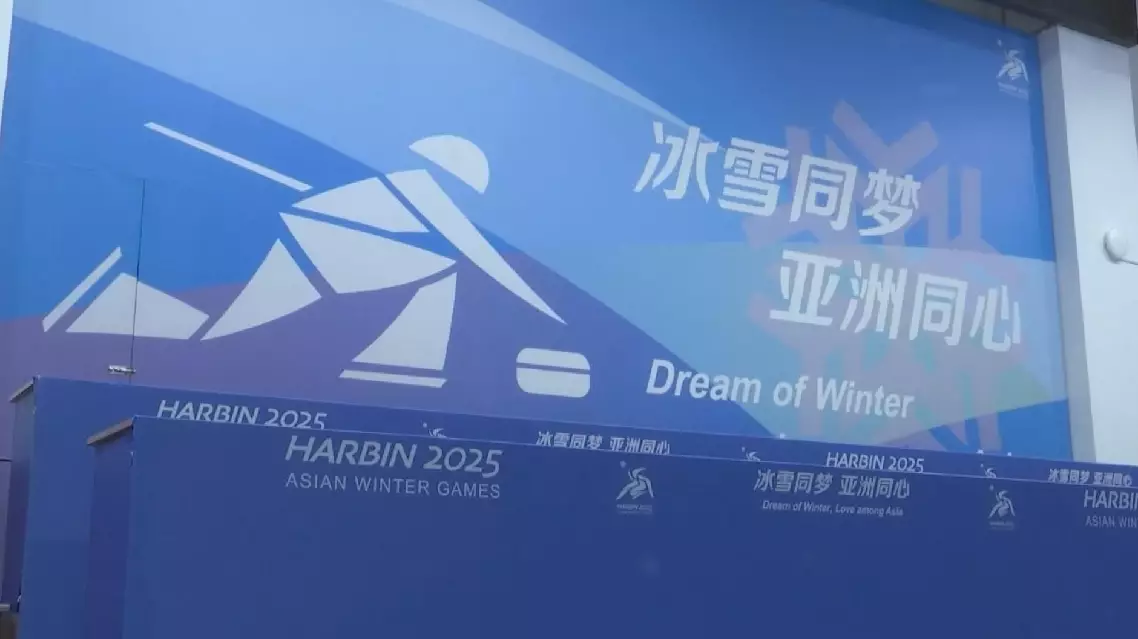
Harbin gears for spectacular 9th Asian Winter Games opening ceremony
The China-CELAC (Community of Latin American and Caribbean States) Forum is expected to bring new vitality to the global development and human civilization, said Colombian President Gustavo Petro in Beijing.
Petro, who delivered a keynote speech at the opening ceremony of the fourth ministerial meeting of the China-CELAC Forum on Wednesday, told China Media Group (CMG) in an interview, while giving a special mention of the importance of the forum as a platform to reshape multilateralism.
"This Forum, held here in China, comes at a pivotal moment in history. And that's precisely what makes it so significant. It is taking place at a time when multilateralism is in urgent need of reshaping. There are some powers who believe they can rule the world through intimidation and shows of force. But with China and Latin American and Caribbean (LAC) countries standing together, we must make them understand: history is full of hard lessons. Those who once flexed their military might did not prevail. They may have enjoyed momentary success in the past, but this time, history will not repeat itself," he said.
This year marks the 10th anniversary of the China-CELAC Forum's operation.
Chinese President Xi Jinping stated in his speech delivered at the opening ceremony of the fourth ministerial meeting of the China-CELAC Forum that under the careful cultivation of both sides over the past 10 years, the China-CELAC Forum has grown from a tender sapling into a towering tree.
Petro hailed the relations between China and LAC countries over the past decade, saying that the cooperation is expected to energize the global development and human civilization.
"Yes, exactly, a tree. A strong and thriving tree, with deep and well-developed roots firmly anchored in the earth. There's no doubt that over the past ten years, trade in physical goods between China and LAC countries has grown substantially. China is involved in building the Bogota metro project. China is also constructing a port in Peru, and many other large-scale infrastructure projects are being advanced through Chinese investment and engineering expertise. When we link the cultural and civilizational threads of China and LAC countries, it's as if we are nurturing a living tree, one that grows tall toward the sky and promises to bring new vitality to the human civilization," he said.
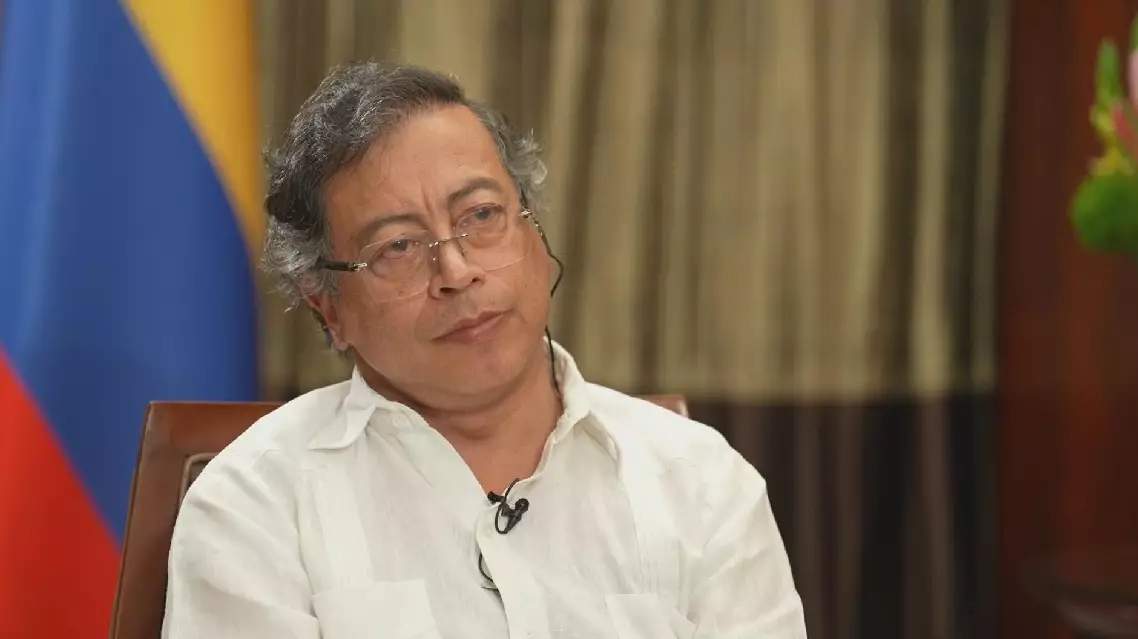
China-CELAC Forum brings new vitality to global development: Colombian president





